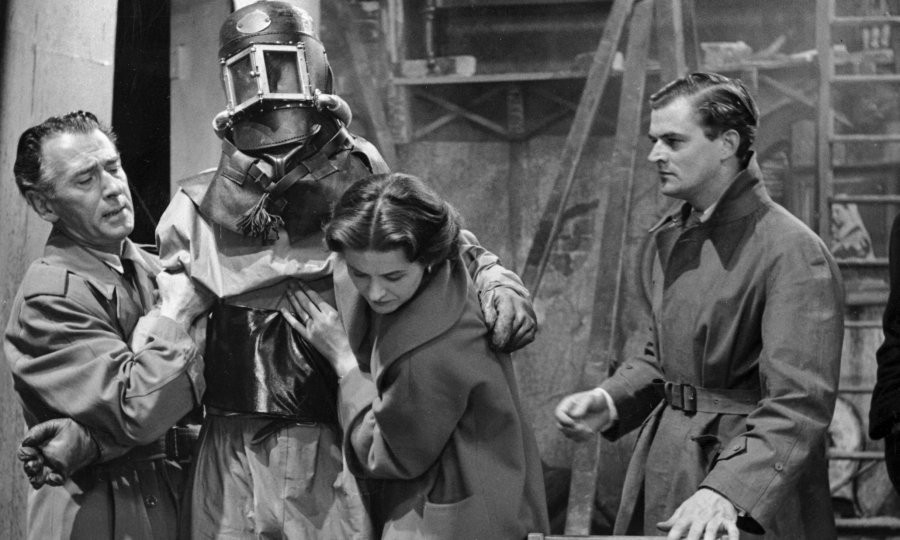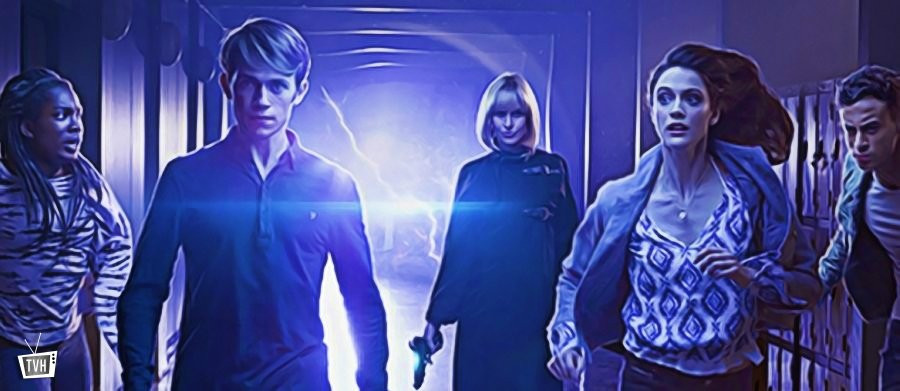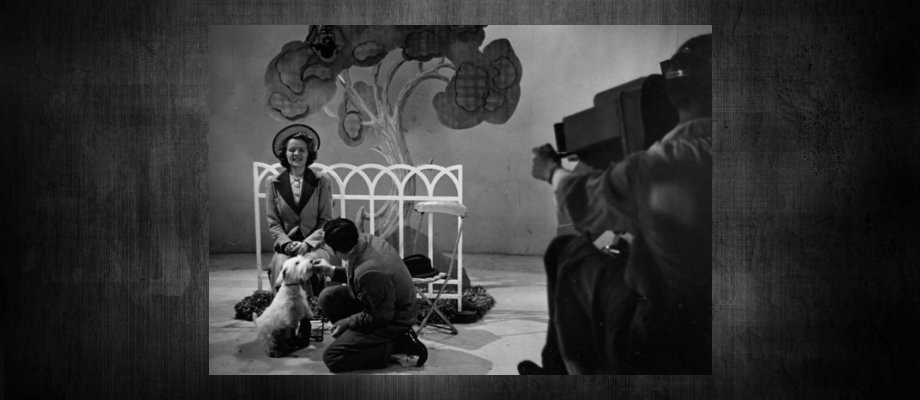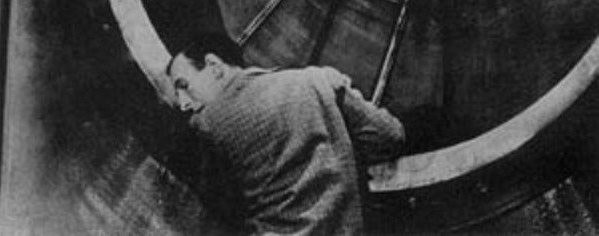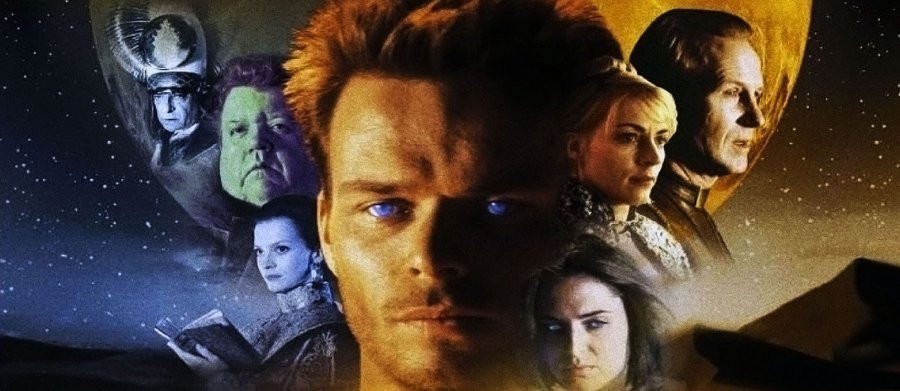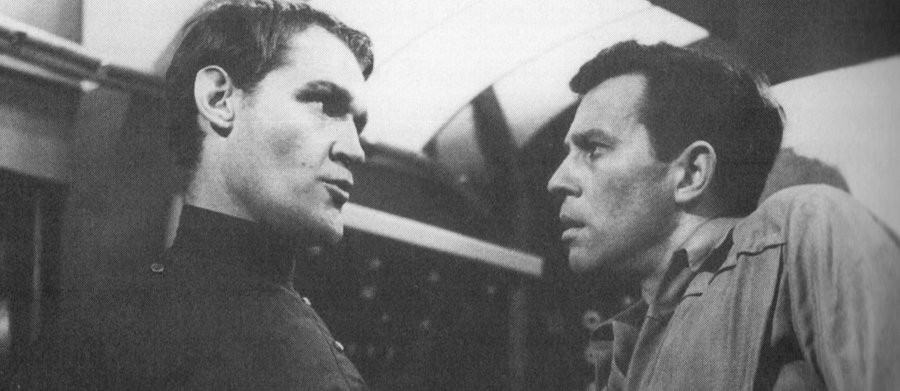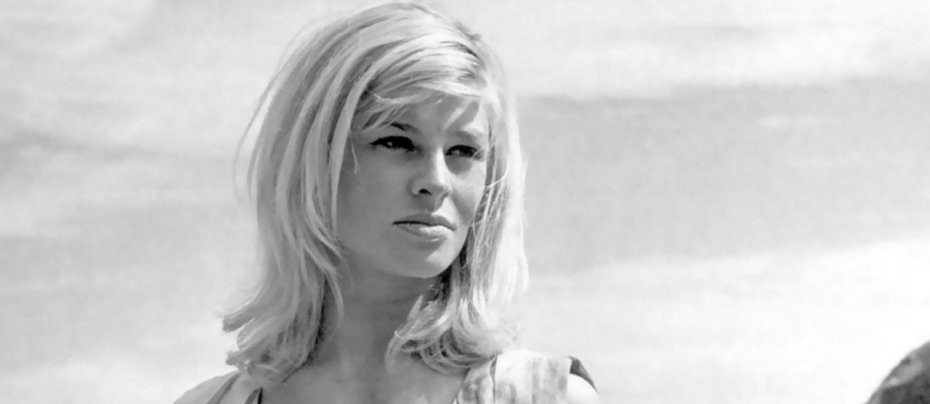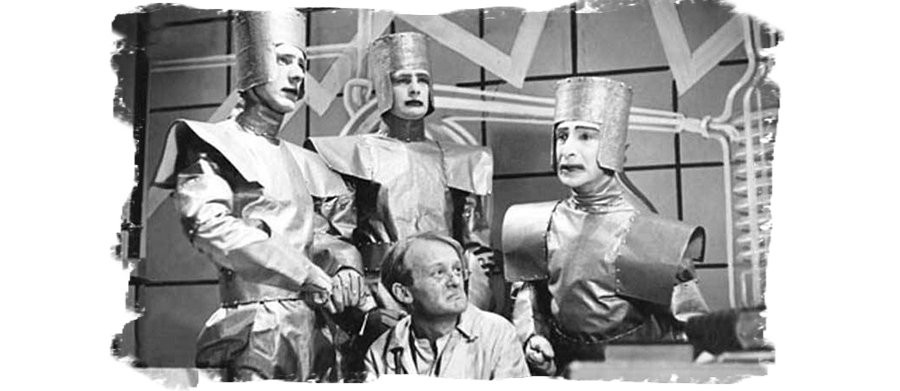
R.U.R. Rossum's Universal Robots
1938 - United KingdomDebuting in 1920 as a four-act stage play by Czech writer Karel Čapek, R.U.R. (Rossumovi Univerzální Roboti) premiered on BBC radio (Friday 27 May 1927) as an 85-minute play with its English translation, Rossum's Universal Robots, before transferring to television in 1938. It introduced the word 'robot' for the first time in language and was the first science fiction programme on British television.
The play prophetically imagines how technological progress will come to dominate the world and, in its extreme, how it will ultimately threaten humankind with extinction.
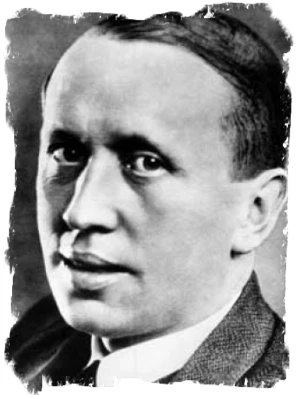
R.U.R. starts with a back story that began in 1920 when marine biologist Rossum arrived on an island to study local sea life. In 1932, he accidentally discovered a protoplasmic cell which could be manipulated to produce a living form. He developed a machine that turned out human-like beings with veins, nerves and intestines - more like the type of Robot you would expect to find in the modern-day HBO series Westworld, rather than the robotic tin-man automatons familiar to audiences of 1950's and 1960's mainstream sci-fi. These creatures have been created to carry out serf-like chores, as indicated by the Czech word 'robota,' which means forced labour.

By the year 2000, when the play opens, factory produced Robots have been created in their thousands. They are cheap, available all over the world, can produce products at a fifth of the cost of human production - but are still no more than slaves. It is at this point that Helena, working on behalf of the League of Humanity, arrives on the island pleading on behalf of the robots, requesting they be paid for their work and be given a 'soul.' She destroys the secret formula for building more robots which instigates a robot revolution as they lay siege to the factory and begin killing all the humans.
But it has had an adverse effect on the robots themselves. Years later they are facing distinction. Only one known human survives, Alquist, the company's chief engineer who has been given the job of recreating the destroyed formula. When he is unable to do so, the robot government send Alquist to try and find any other human survivors. There are none. In the end the only way to recreate the formula is to kill and dissect other robots.

Writing in the Radio Times in 1927, BBC producer Cecil Lewis had this to say of the first radio production of R.U.R. - "In Karel Capek's remarkable play, R.U.R., he shows the scientific priesthood of the future, not content with destroying individuality and faith under the guise of substituting ease and rationalism, but actually attempting to replace nature, thought, initiative, imagination and soul by automita which exist simply to work, to make more automatic the machine-ridden world. They are destroyed if they are inefficient, scrapped when worked out.

"The play shows with power and logic the terrible outcome of heresy: the scientist hoist with his own petard, the agony and death of the automatic hydra he has created, and vision-far off and star like-of new ways in the hearts of new men."
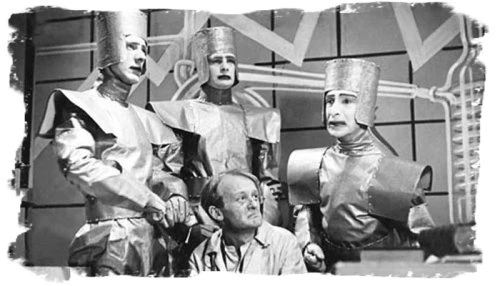
R.U.R. made its television debut on the BBC as a single thirty-five-minute adaptation at 3.20pm on Friday 11 February 1938. It starred Harvey Braban, William Lyon Brown, Cherry Cottrell, Desmond Davis, Annie Esmond, Judith Gick, Stephen Jack, Gordon McLeod, Larry Silverstone. On this occasion there was no accompanying article on the programme. Television was still very much the poorer relation to radio and this particular historic event, in terms of the TV history, appears to have gone largely unnoticed.
Seen this show? How do you rate it?
Seen this show? How do you rate it?
Published on April 22nd, 2020. Written by Marc Saul for Television Heaven.


